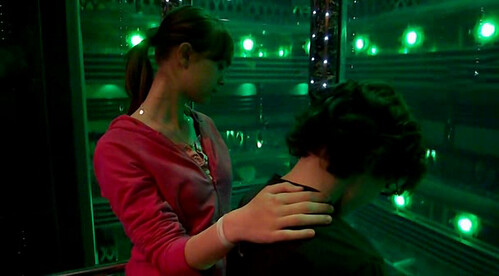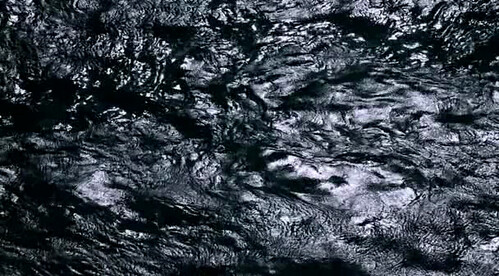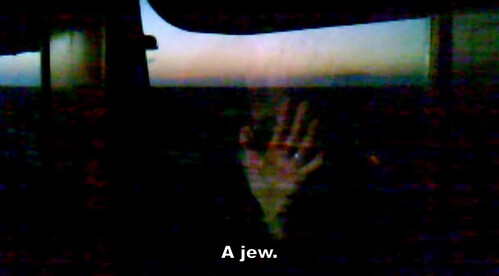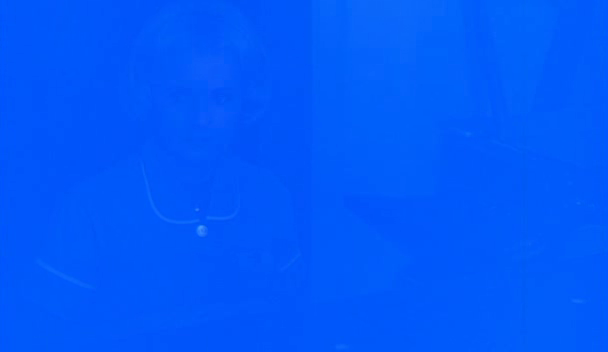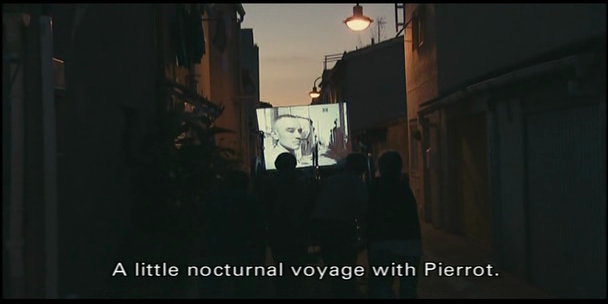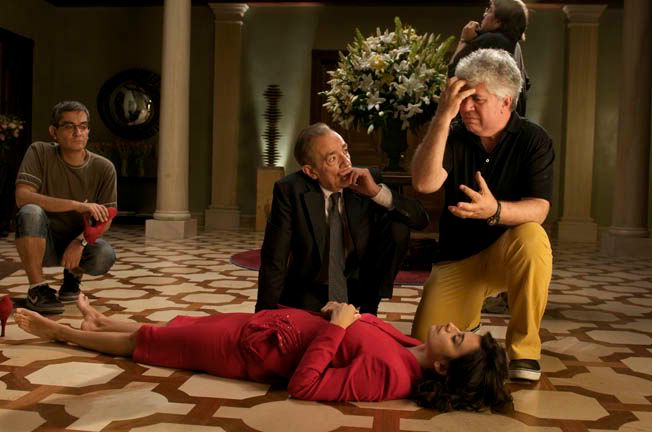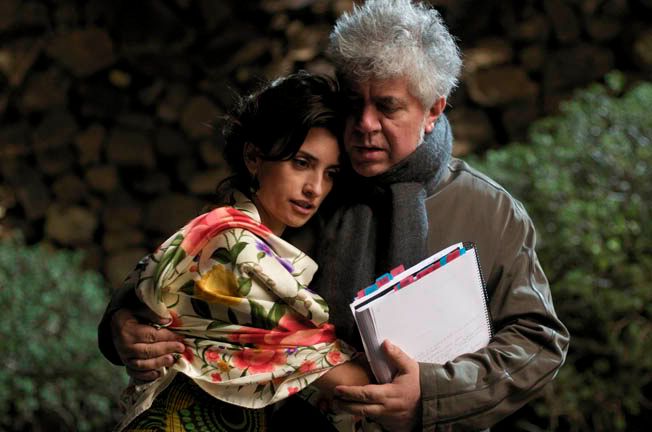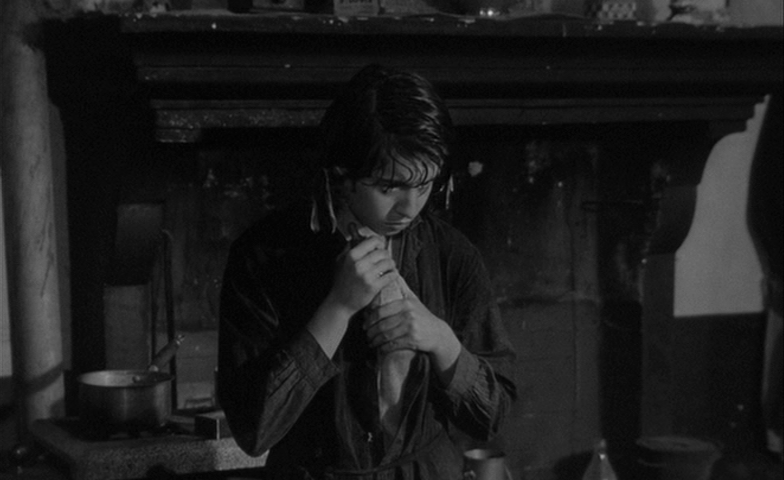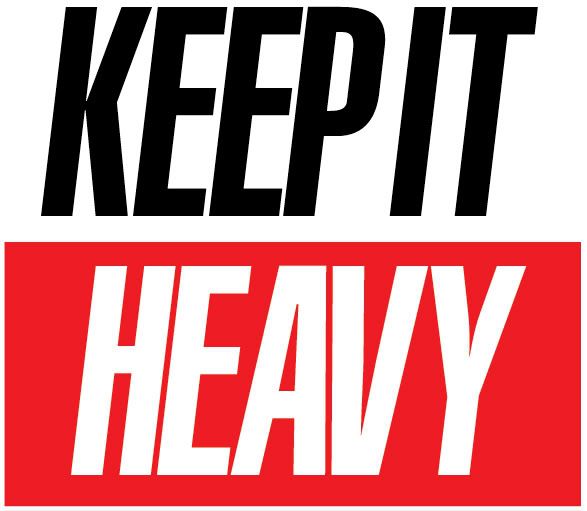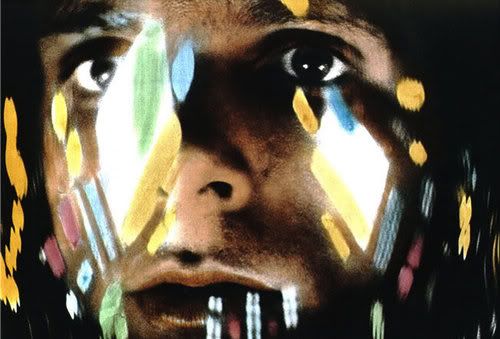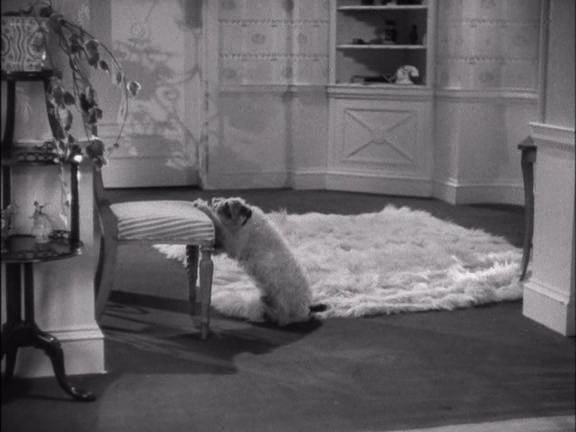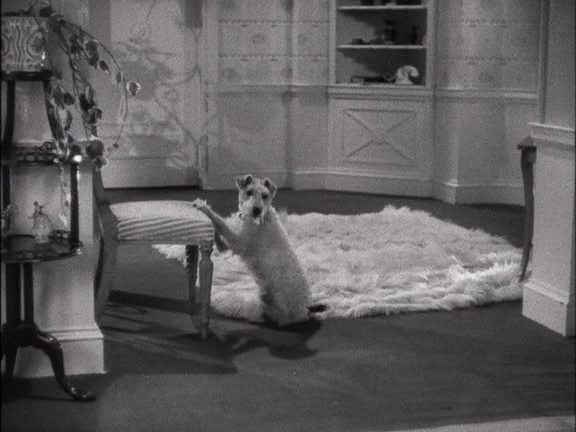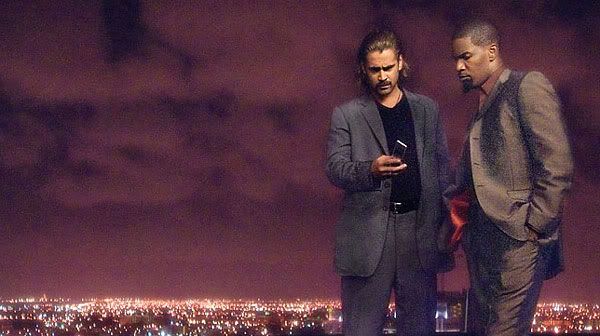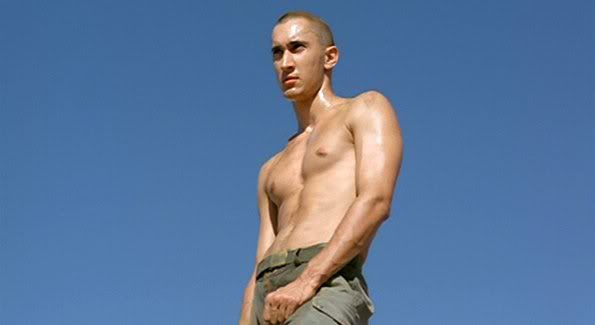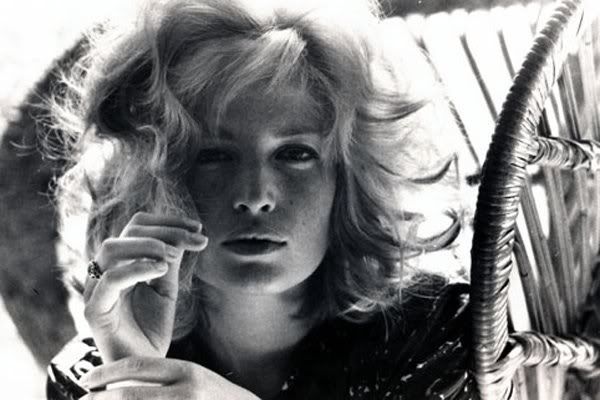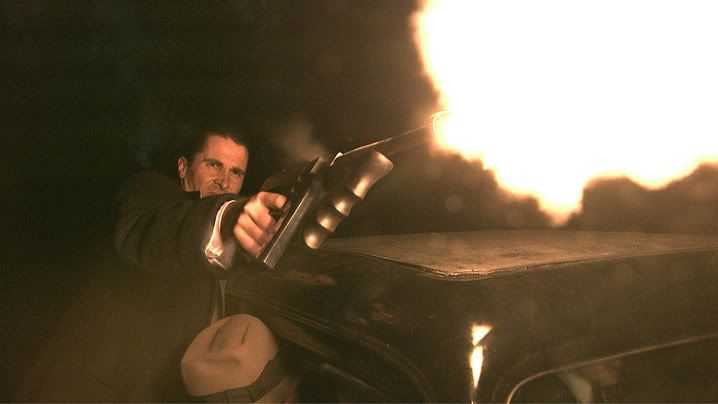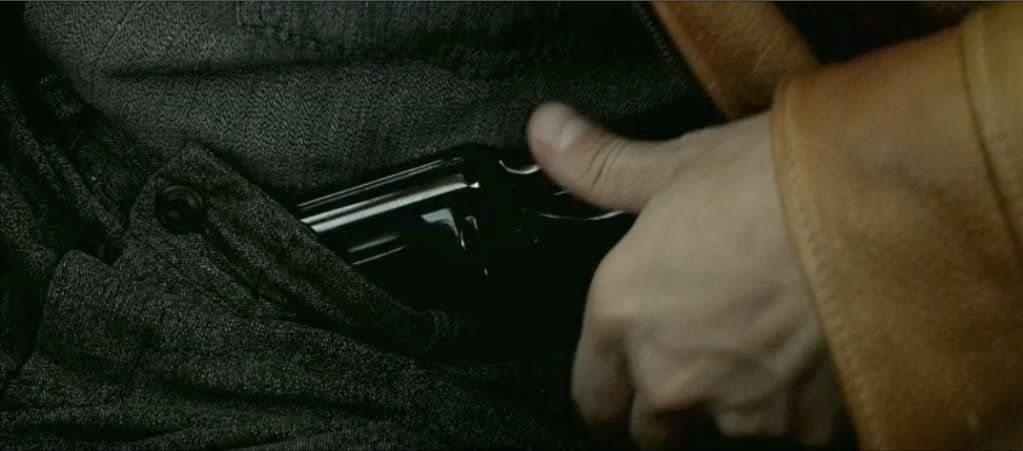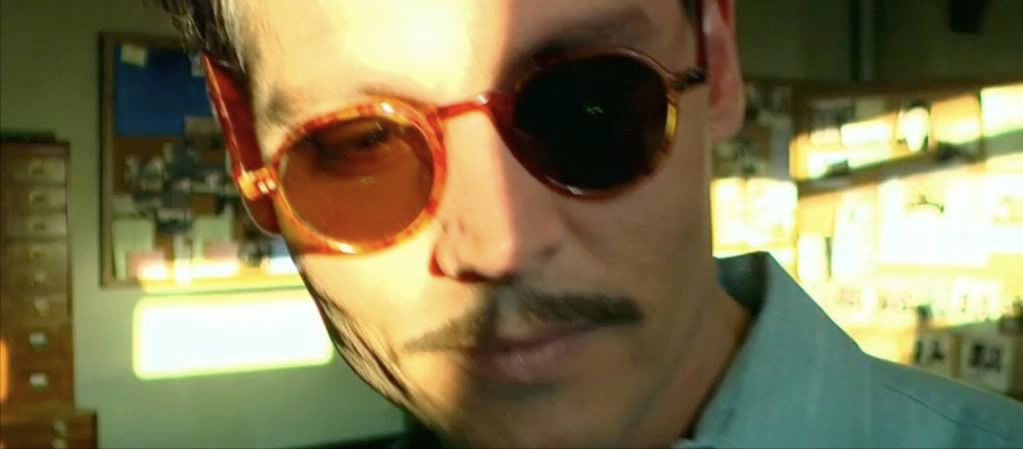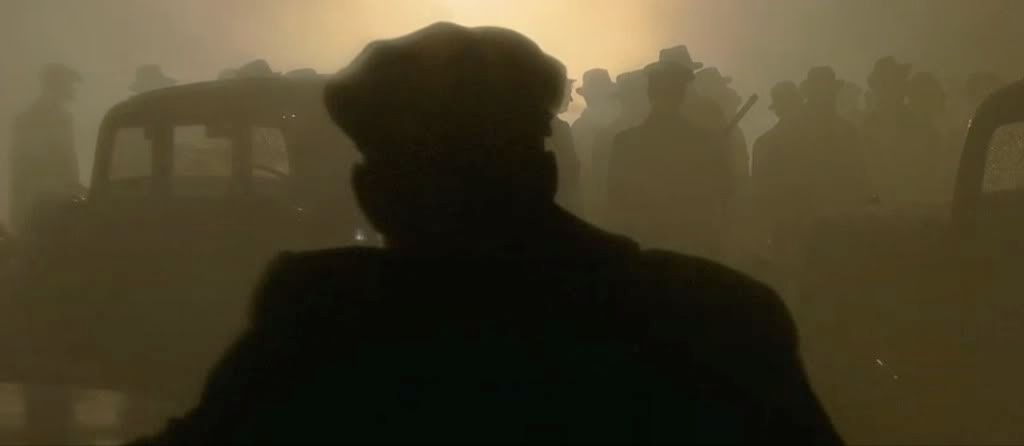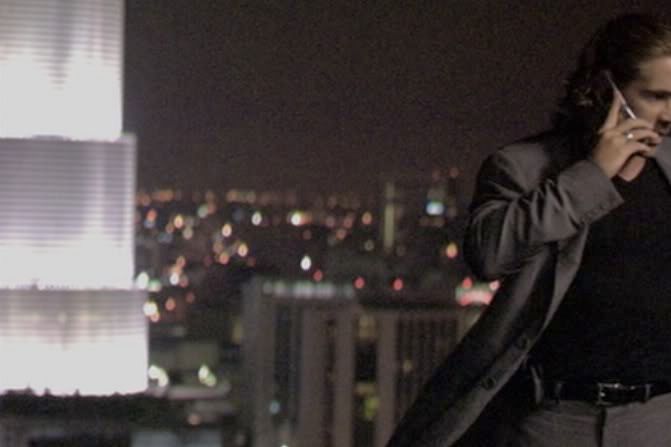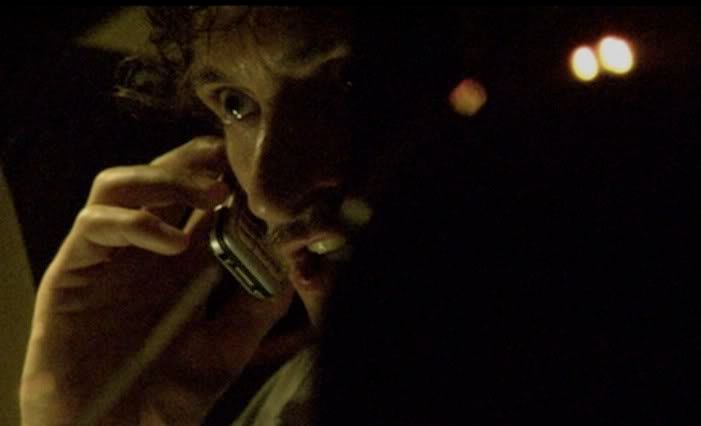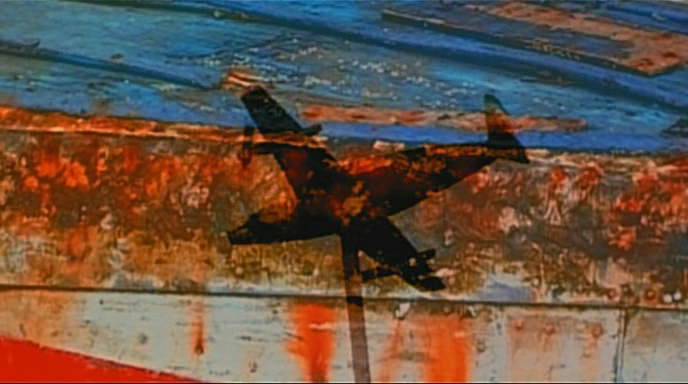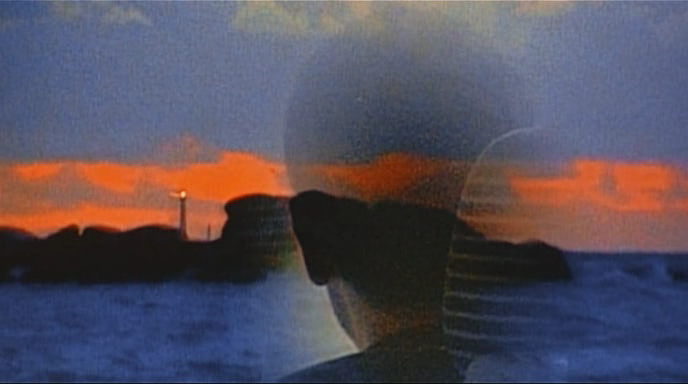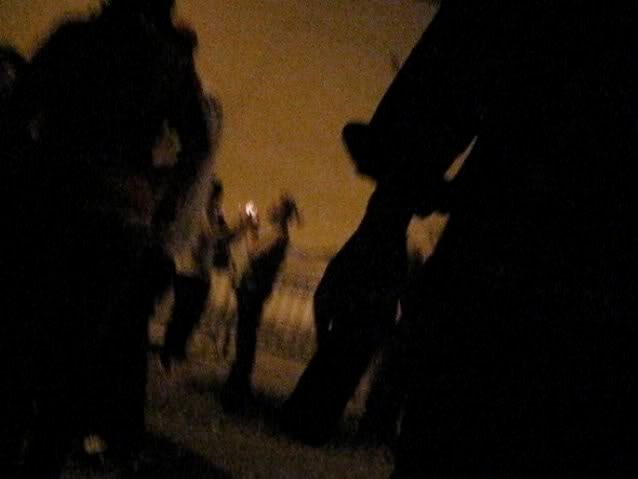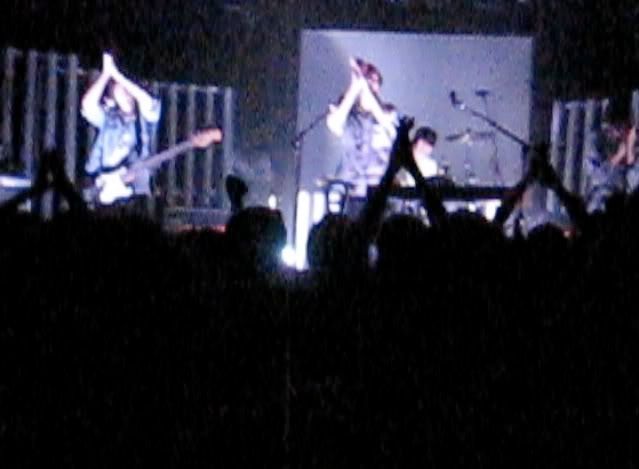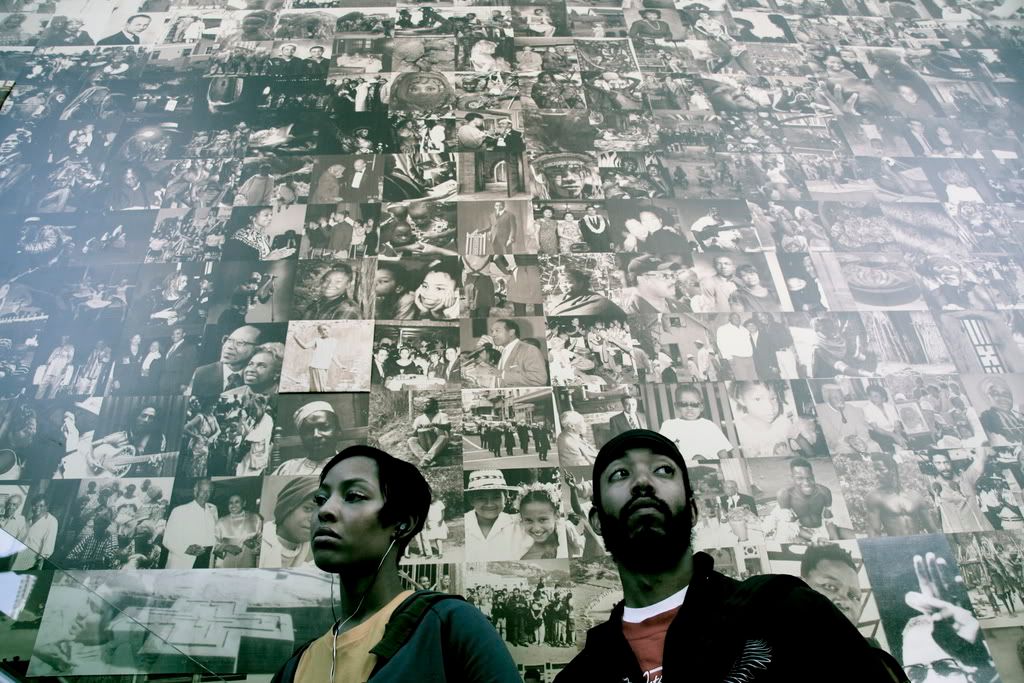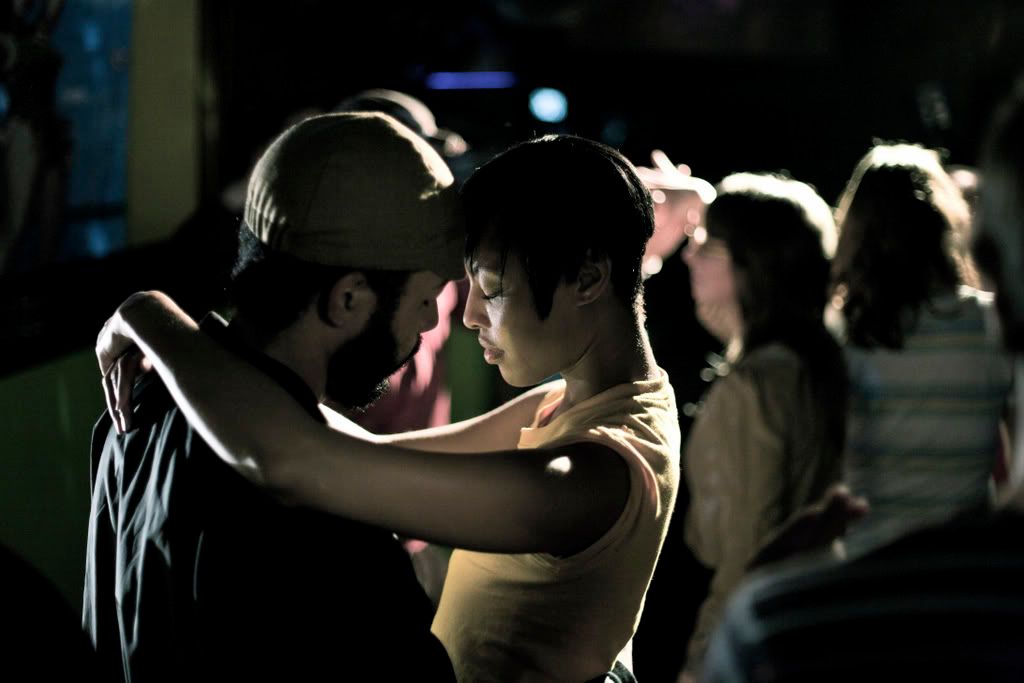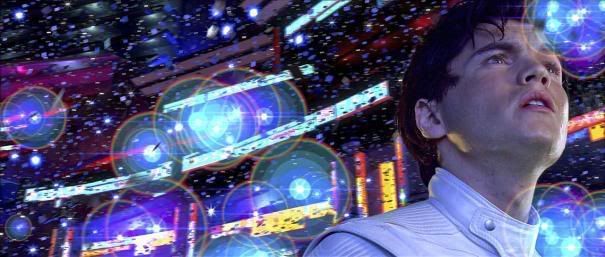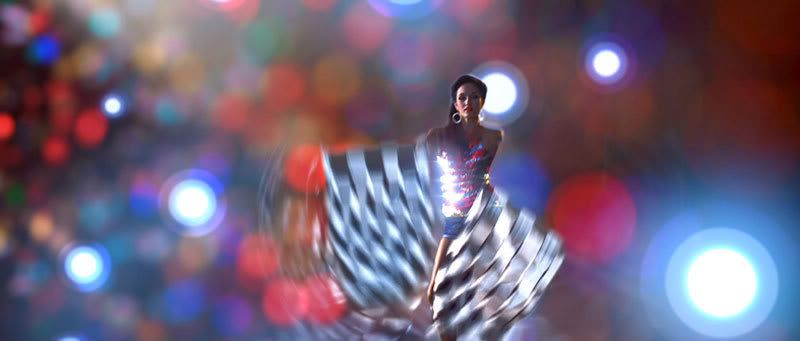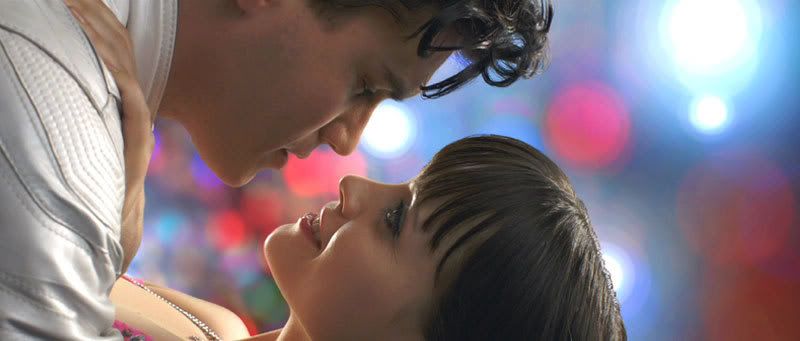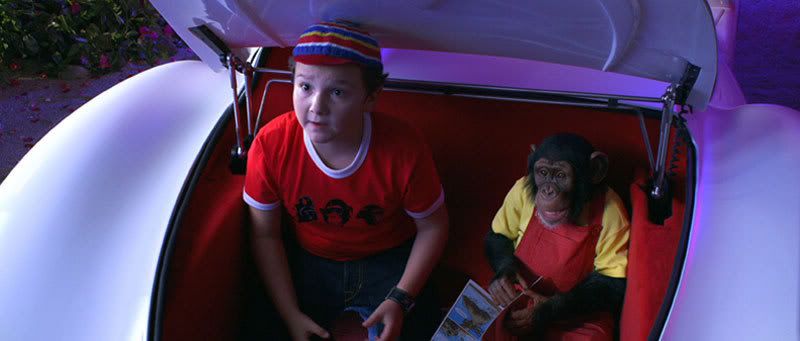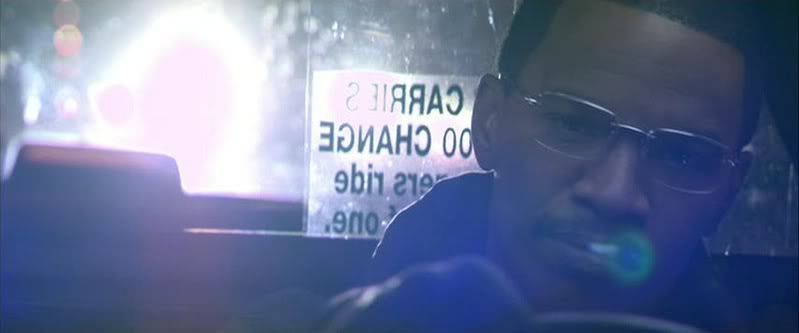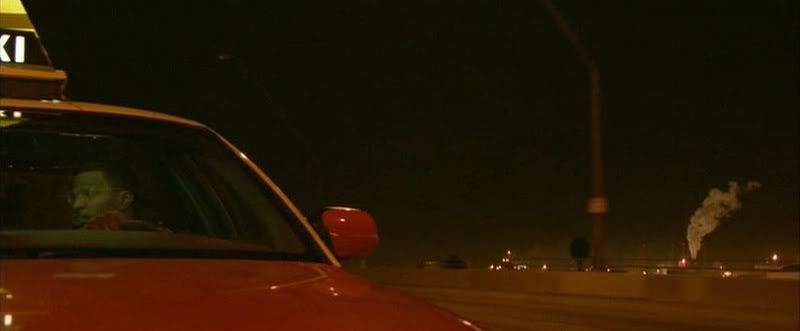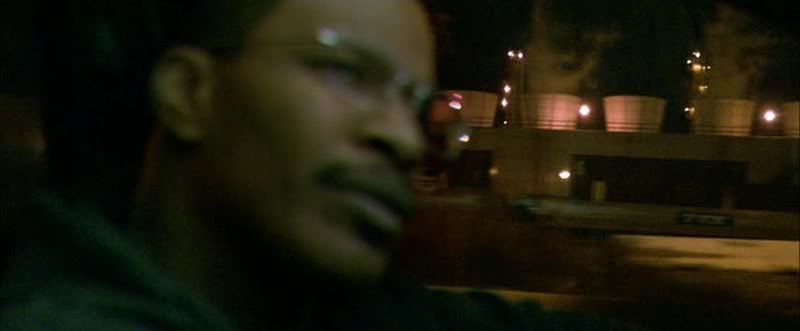by Ryland Walker Knight
—Get ready for a ramble —A while back, Kentucker Audley sent me some DVDs of his films
Holy Land and
Open Five, both bearing "2010" like a badge I actually respect. For whatever reason, and I've got plenty, I waited until tonight, just a couple nights before the end of
Open Five's online run at
KentuckerAudley.com, to actually watch said film. And I watched it online. Part of the reason is because Danny reminded me: it's only an hour long. Another part is because
Craig Keller's long-former completes a cool circuit with the picture for the curious reader. So I took that tour—watched the movie and read the essay—and now I'm telling you to follow suit while you can.
The picture's modest, no doubt, a fine little fit of juxtaposition, as well as further evidence of microcinema's availability (and its plain ability) at this late hour. It doesn't look like anything but what it is, which is almost a diary or the appearance of one (which I surely hope and trust is the case), which isn't what you'll encounter many places besides this little niche of what now constitutes "indie film" in an era when "Independent Film Channel" means a largely successful distribution company with rather decent taste (or simply better taste than Ho'wood). And that's the encouraging thing: that if I find the right help, and especially the right actress, I could shoot my own little feature dream. Granted, I haven't tried to make anything more than actual dairy entries before; but I don't think that matters in some respects. The point is the doing.
Which is what makes the story of
Open Five so basic-near-boring. Sure, things happen. But what are these people
doing? Everything seems on the cusp. Hell, the film starts in the nowhere of a floating fortress disguised as a fire escape in Manhattan, the lights below a constellation of what we won't get to touch in this world, and ends in a storage corridor, a pit stop on some winding road. Yet, along this trail to nowhere, we do touch bodies. Audley's camera's, which I suppose might be Joe Swanberg's camera, is keen on faces and on bodies; and the film's (Audley's) got an ear for language games and a smart timing sense for edits. All stuff I like. But this economy of gamesmanship between its characters adds to little but games; games played by vain dolts pre-occupied with pleasure instead of living; or, life as a dull game of ownership. Where Jake tries to claim Lucy by claiming to not want to (and worse: not
needing to, yea right), Kentucker claims to want to claim Rose without sounding like he's truly staking a claim. Not to say I'm any better at this living stuff, nor especially the romantic side of things, but what's propelling me (these daze at least) isn't simply the flattery of the fleeting. (And it's hard to gauge what's a mirror and what's smoke and what's the veil pulling back in this flick, which should be exciting, but I often found rather suspect.)
—Hate to turn this into me, honestly, because maybe I'm a bore, but I don't want to watch my peers flirt all that much, if at all. Granted, I know how much this
—these games!—motivate/s daily life (I spend plenty of time thinking about love and sex and their difference and their interaction*) but what really intrigued me in the picture wasn't how these dopes were navigating each other, though a lot of that felt plenty "real" (like telling a picky girl, "this is what food tastes like"), and I almost enjoyed seeing that nut Jake squirm towards some hushed "earnestness" (which with that voice sounds false before any horse shit sentence/sentiment about romantic freedom is uttered in full) in order to lay some babe who's far better at life than him (though her aptitude's not simply because she's gorgeous). No, what's really interesting is the hop-scotch cross-cutting, to say the construction, which is a fun folding (un- and -in) play on roles played, in large part because Kentucker plays somebody named Kentucker, who makes films, and Jake plays somebody named Jake, who sings songs, and because the two girls who enter their lives are, in fact, actresses "by trade" played by actresses. (And I should note that its one of these girls, the cherubic Rose, who's the only one interested in what people
do or advocates for what she does.) However, the fun isn't simply the relationships I just laid out; that's all obvious enough. The fun is that these masks worn and frayed make the story, such as it is, a layer cake of confusion. Craig's refrain:
it's complicated. This youth, this time:
it's complicated. Words, conversation:
it's complicated. The things that go unsaid, it turns out, are the least complicated.
Which is why it feels silly to have spent an hour typing all of this. I could've watched
Holy Land by now. Or I could have been writing about Gina's movie,
A Little Death, which is specifically about life as routine, as directed actions, as finding a role in the world.
So go watch K.A.'s flick and then lobby G.T. to see hers sooner than later. Though, as I know some friends would agree, Gina's picture truly deserves the size of a silver screen to give its single-take scenes (and, yes, its
Dielman lean) the necessary weight. Which is to say, K.A. made a film for the online audience and that's part of its success (Rose is a film blogger, remember). Part of the reason you (probably) haven't seen Gina's film is because its audience is blind to it right now, and often blind to a couple hours of computer time. In any case,
here's ALD's site, which even sports my name somewhere, and watch the trailer below.
* I also spend a lot of time at work, at writing, at reading, at running, at eating, at movies, at the park, at tables of different sizes, at the cover of my bed and at the center of my bed. In short, my life's full of stuff that doesn't involve sex and/or love and/or just hanging out. Though, like anybody, some nights I'd love to hang with certain people more than I'd like to be alone watching movies I didn't make.
